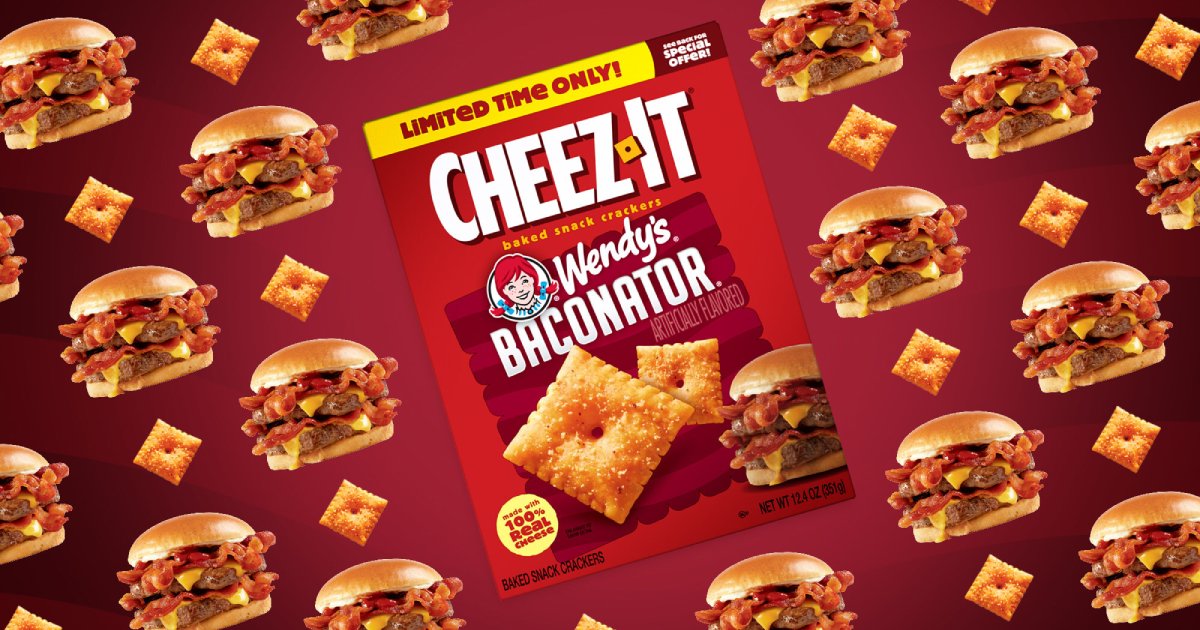Agencies Adjust to Ongoing Consolidation

By Mark Seavy
As consumer products companies and brands are spun off, sold, or merged, licensing agencies are preparing to adjust their strategies as programs hang in the balance.
The fate of these programs depends on the new owners’ appetite for licensing. But in most cases, it can be several months before a decision is made as licensing agreements are transitioned, and the program’s fate is decided. It is all part of a broader shift to companies sharpening focus on fewer brands.
The J.M. Smucker Co. (Jif, Smuckers, Milk Bone), for example, acquired Hostess Brands (Twinkies, Ding Dong, CupCakes, Snoballs) in 2023. And, so far, Brand Central continues to represent J.M. Smucker while Global Icons manages Hostess.
Global Icons has added licensing deals for Twinkies and other brands for frozen novelties (Golden West) that will launch in 2026, while cookie dough bites (Taste of Nature) are being introduced at Regal Cinema and candy bars (RM Palmer) are being sold through Family Dollar. Global’s agreement for Hostess expires in 18 months, Global Icons President Bill McClinton said.
The Joester Loria Group, meanwhile, continues to represent Kellogg Company spinoff Kellanova brands (Pringles, Cheez-It, Pop-Tarts) under new owner Mars Inc. (M&Ms, Starburst, Snickers) for lifestyle, while Beanstalk exclusively manages them globally for food and beverage. Mars Wrigley candy brands are managed by Brand Central for licensing. Mars has kept its Mars Wrigley, Petcare, and Mars Edge life sciences as separate business units.
Elsewhere on the candy front, Ferrero has been on the acquisition hunt, most recently striking an agreement to buy the other Kellogg Co. spinoff, WK Kellogg Co. (Froot Loops, Frosted Flakes, Rice Krispies). Beanstalk is W.K. Kellogg’s exclusive licensing agent for food and beverage and lifestyle in the U.S. and Canada. Joester Loria had previously represented Ferrara Candy Co., which Ferrero bought in 2017. Global Icons briefly represented Ferrero (Tic Tac, Nutella) for licensing.
Meanwhile, Kraft Heinz—formed as a merger of H.J Heinz Co. and Kraft Foods Group in 2015—is weighing splitting its grocery business (Velveeta, Heinz Ketchup) into a new entity valued at $20 billion. Brand Central handles some licensing for Kraft Heinz (Planters, Jell-O, Kool-Aid, Heinz, Kraft Mac and Cheese).
“If the company doing the acquiring believes in licensing for their core brands, the program will likely continue on,” said McClinton. “But if licensing is not part of their strategy for core brands, they might unwind all the agreements. I look at the recent activity as a positive in that they are shedding brands that have equity for licensing. And those brands may be going to private equity firms or smaller companies that will look to licensing and leverage that acquisition.”
In the case of agreements ending, Newell Brands (Elmer’s, Rubbermaid, Sharpie, Paper Mate) acquired Jarden Corp. (Yankee Candle, Crockpot, Mr. Coffee, Sunbeam) in 2015, bringing to a halt the latter’s program, which was handled by Global Icons.
“This is all anybody’s guess as to how licensing programs fit with a new owner’s strategy,” said Russell Binder, Founding Partner at Striker Entertainment. “It all depends on the enterprise, what they think the value [of licensing] is and how they want to proceed. There isn’t a standard for how it is done. The licensing typically is not the priority part of the merger, so things may stay the same for a period. Then the deals that have been done stay with the agency so that they participate in the work, even if they are being let go.”




